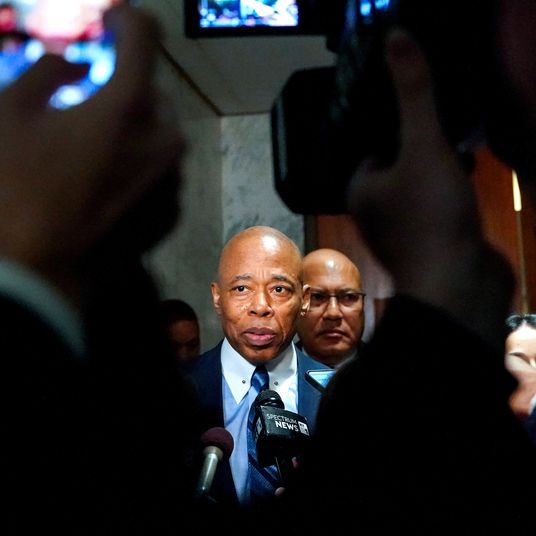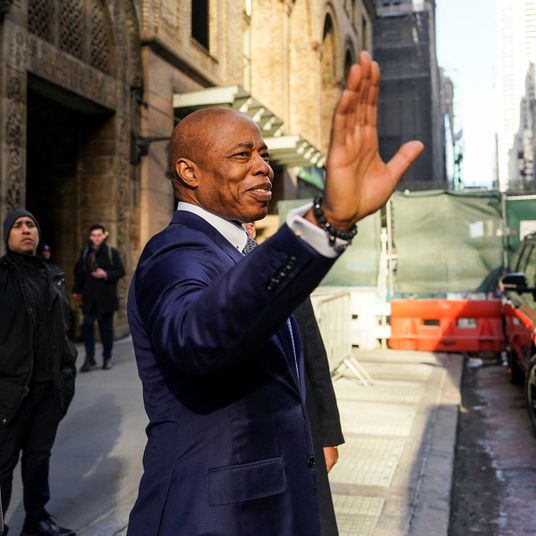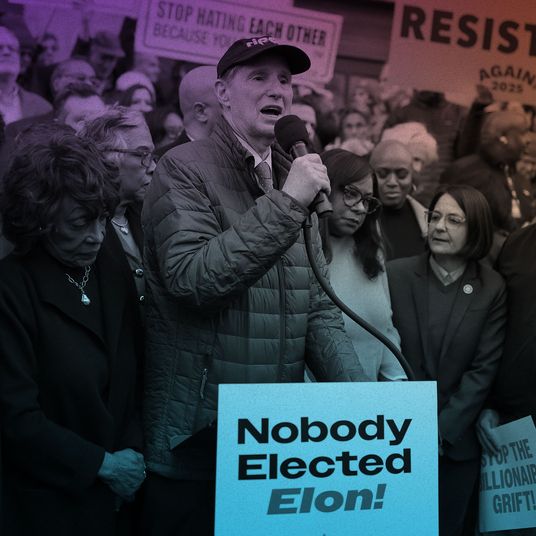
The timing was interesting and significant: Just a day after Senate Republicans filibustered the John Lewis Voting Rights Advancement Act to death, Attorney General Merrick Garland announced Thursday that he was filing a lawsuit to halt implementation of a Texas voter-suppression law.
The John Lewis Act would have repaired Section 4 and Section 5 of the Voting Rights Act giving the Justice Department the power to review voting and election rule changes before they take effect, which a 5-4 majority of the U.S. Supreme Court decimated in 2013. Barring that restoration of a system for preventing voting-rights violations, the Biden administration is acting on residual VRA provisions that haven’t yet been challenged, including Section 2, which provides for private and government lawsuits after discriminatory laws have been enacted. This is precisely what Garland promised to do back in June, as I noted at the time:
[Garland] said that within 30 days the department would double the Civil Rights Division’s voting-rights enforcement staff and committed to working with other agencies to combat voting-related disinformation,” Politico reports. This would give new assistant attorney general for civil rights Kristen Clarke a much better chance to initiate an effective voting-rights strategy absent new legislation.
The Texas law is typical of those that Republican state legislatures have enacted this year, as I noted in August when it took effect:
[SB 1 contains] new ID requirements for those who overcome the state’s highly restrictive rules governing absentee ballots (they are only available to those over 65 or people with specific disabilities); tight new regulations on how and whether voters with disabilities can receive assistance from others in reading or casting ballots; and fresh protections for partisan poll-watchers (a Republican specialty in minority areas where intimidation of voters is deemed helpful to the GOP). The provisions aimed at excessively pro-voter local governments were drafted in particular to rule out Harris County’s 2020 innovations like 24-hour early voting and curbside ballot drop-offs. The bill also keeps local election boards from proactively sending absentee ballot applications to voters eligible to cast them, although political parties will still enjoy that prerogative.
These are precisely the kind of suspect election-law changes that would have been held up or struck down by the Justice Department under the Voting Rights Act prior to 2013. It will take a more aggressive approach to challenge them now.
So the plan B for voting rights is underway. It may not bear immediate fruit in Texas, since the very conservative federal judiciary in that part of the country (including the most conservative Court of Appeals, the Fifth Circuit) isn’t likely to go along with Section 2 suits. But it’s a good sign of Garland’s — and Biden’s — determination to fight for voting rights with all the weapons left to them by hostile courts and the U.S. Senate.






























